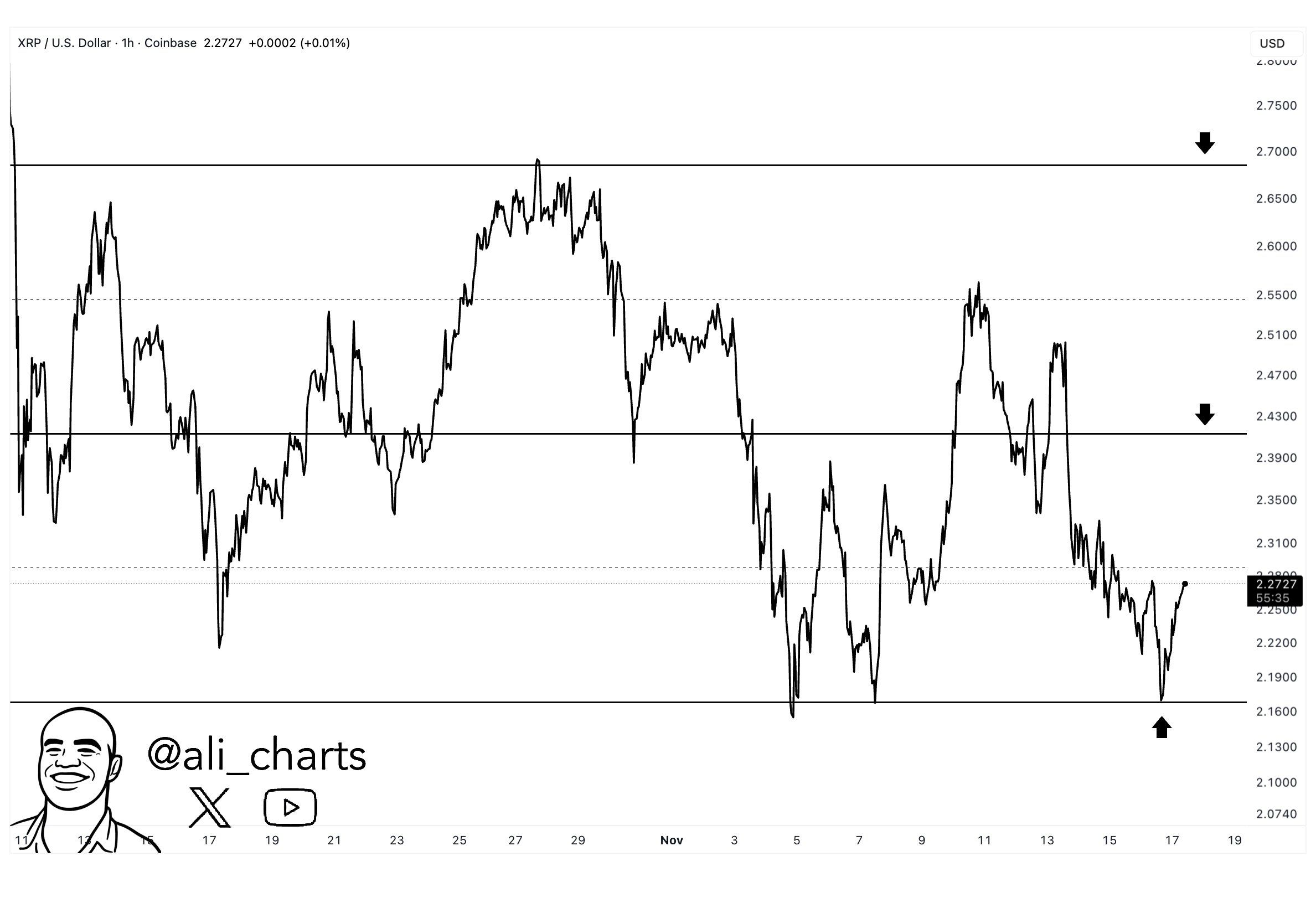Senator Aims to Make Every Peso Publicly Traceable via Blockchain
- Philippine Senator Bam Aquino plans to propose a bill to place the national budget on a blockchain for transparent tracking. - The initiative builds on an existing DBM-Polygon system using BayaniChain to record financial documents on a public ledger. - Blockchain advocates argue it could reduce corruption by enabling real-time, tamper-proof public verification of every peso expenditure. - The Philippines aims to become the first country with a full blockchain-based budget system, aligning with global gov
The Philippines is exploring the use of blockchain technology to enhance transparency in government spending by placing its national budget on a decentralized ledger. Senator Bam Aquino has announced his intention to file a bill in the coming weeks that would formalize the adoption of blockchain for tracking the entire national budget, local media reported. The initiative, which he outlined at the Manila Tech Summit, aims to make every peso of public expenditure traceable by citizens through an immutable and publicly accessible record. "No one is crazy enough to put their transactions on blockchain, where every single step of the way will be logged and transparent to every single citizen. But we want to start," Aquino stated during his remarks, as reported by BusinessWorld and other local outlets.
The proposal builds on an existing blockchain-based document validation system launched earlier this year by the Department of Budget and Management (DBM) using Polygon, an Ethereum scaling solution. The DBM system, developed in collaboration with BayaniChain, a local blockchain infrastructure firm, currently records select financial documents, such as Special Allotment Release Orders (SAROs) and Notices of Cash Allocation (NCAs), for tamper-proof verification. BayaniChain’s CEO, Paul Soliman, acknowledged the senator’s vision but emphasized that blockchain is not a “silver bullet against corruption,” but rather a tool to create a system of accountability through transparency. The existing system uses a public blockchain to store these documents, with data management handled through an orchestration layer called Prismo.
While no formal bill has yet been filed, the proposal represents a significant step forward in leveraging distributed ledger technology (DLT) for public governance. If enacted, the Philippines could become the first country to implement a full blockchain-based national budget system. This aligns with global efforts to integrate blockchain into government operations, including recent moves by the U.S. Department of Commerce to publish key economic data on-chain, starting with GDP figures. Aquino’s proposal also mirrors broader trends in Southeast Asia and the U.S., where governments are increasingly exploring blockchain for transparency and fraud prevention in public finance.
The senator remains cautious about the political viability of the bill, acknowledging uncertainty about the level of support it may receive. However, the conceptual framework for the system appears to already exist in the form of the DBM’s blockchain platform, which is considered the first live on-chain budget platform in Asia. This infrastructure could be expanded to accommodate a full-scale national budget tracking system, though details on whether a new system would be developed remain unclear. The DBM’s current system uses a Proof-of-Stake network on Polygon, providing a scalable and secure environment for financial record-keeping.
The potential benefits of a blockchain-based budget system are substantial. By enabling real-time, tamper-proof tracking of expenditures, the government could enhance public trust in fiscal management and reduce opportunities for misappropriation. Such a system could also streamline auditing and regulatory compliance by providing a transparent, auditable trail of financial activity. While challenges remain—such as scalability, data privacy, and political buy-in—the initiative highlights the Philippines’ ambition to lead in government innovation through technology.
The proposal reflects a growing global consensus on the role of blockchain in public administration. Governments are increasingly recognizing the advantages of decentralized systems in ensuring transparency, accountability, and data integrity. The Philippines’ exploration of this technology underscores its commitment to modernizing governance and improving fiscal oversight, potentially setting a precedent for other nations seeking to adopt similar approaches. As the proposal moves forward, its implementation will depend on stakeholder engagement, legislative support, and continued advancements in blockchain infrastructure.
Source:
Disclaimer: The content of this article solely reflects the author's opinion and does not represent the platform in any capacity. This article is not intended to serve as a reference for making investment decisions.
You may also like
BTC price bull market lost? 5 things to know in Bitcoin this week

1inch launches Aqua: the first shared liquidity protocol, now open to developers
The developer version of Aqua is now online, offering the Aqua SDK, libraries, and documentation, allowing developers to integrate the new strategy models ahead of time.

Franklin XRP ETF Debut Meets XRP’s $2.15 Line in the Sand
